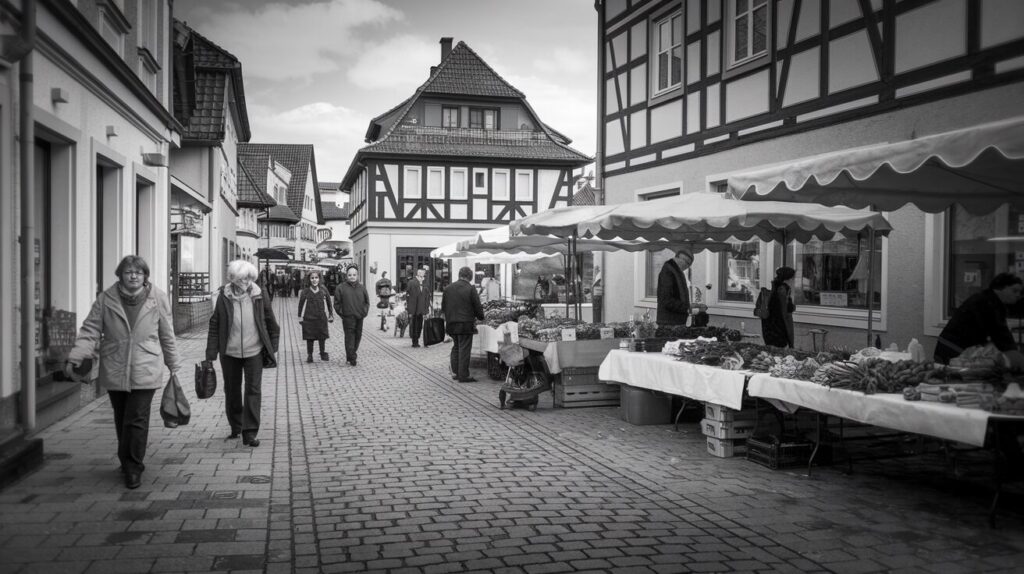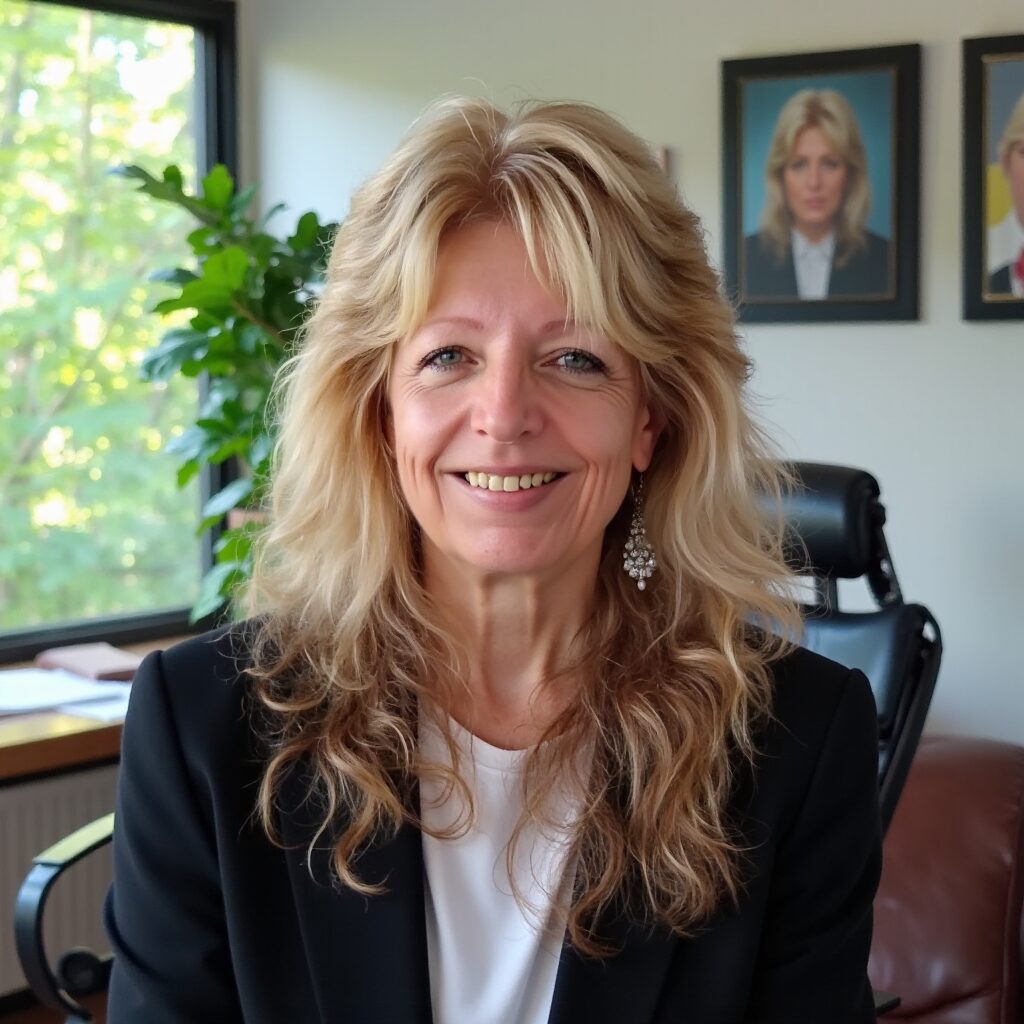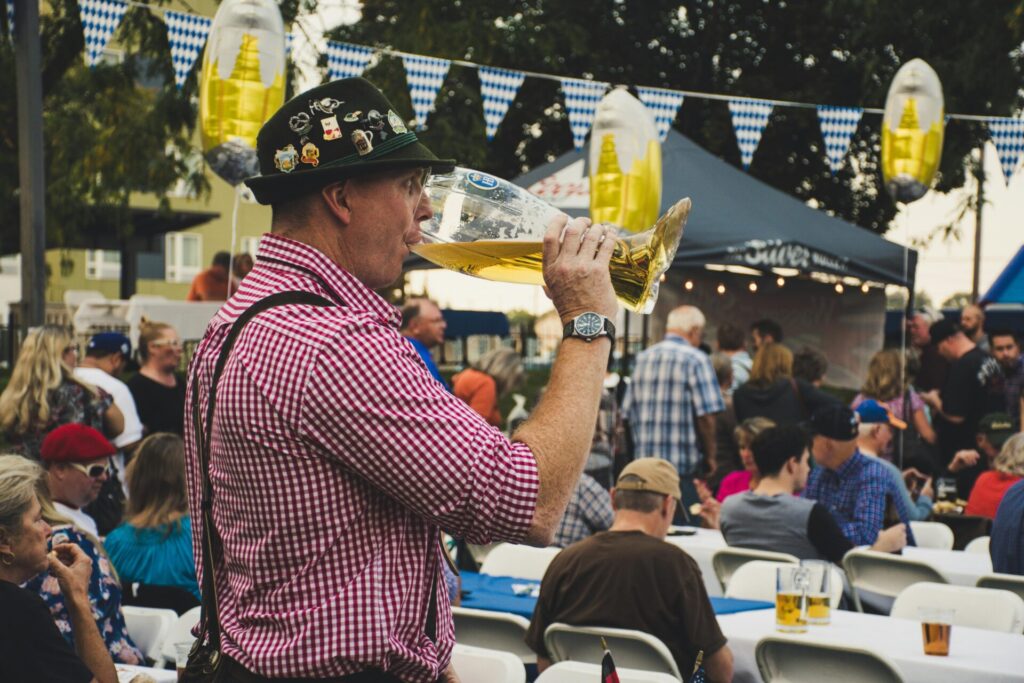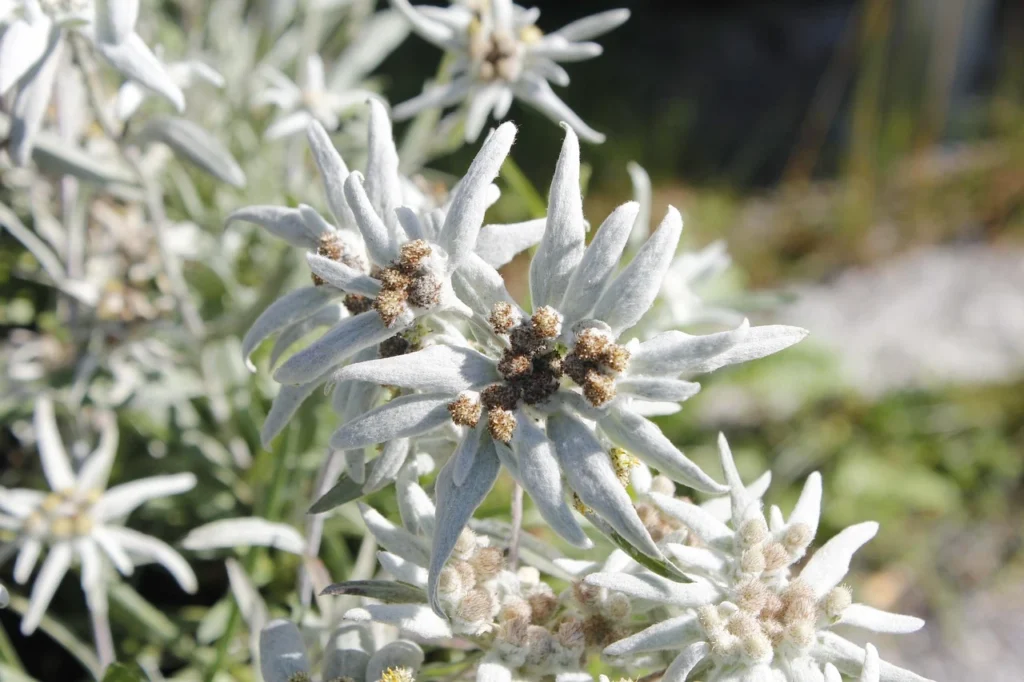Introduction
Finding out about your family history can bring up all sorts of feelings – from warm memories to a sense of pride. For many of us, it’s about more than just tracing our family tree; it’s about figuring out who we are and where we fit in. This article is about my heartfelt exploration of my German roots, and the powerful emotions that came with connecting to my family’s past.
Chapter 1: Echoes of the Past
Hearing Family Tales
Rediscovering my German heritage first started with hearing whispers of my family’s past when I was just a small child, during get-togethers, where stories of the old country were always floating around. My parents would often share memories of their childhood in Germany – lively markets, fun festivals, and the cozy feeling of family gatherings. These stories sparked something in me, a real desire to learn more about my heritage.
What really struck me was the emotion behind these stories. They weren’t just dry facts; they were heartfelt expressions of love, loss, and strength. Each story felt like a piece of me, a fragment of my culture waiting to be put back together. That’s what got me started on this journey to uncover my family’s story.
Finding the First Piece
Rediscovering my German heritage began with a dusty old box of photos and letters tucked away in my mother’s attic. Each thing I pulled out felt like a gift, showing me faces and names I’d never seen before. There was this faded postcard from Germany, sent to my great-grandmother way back in the early 1900s. That postcard was my first real clue, a tangible link to a past that felt both strange and familiar.
Going through those letters and photos, I felt like I was putting together a family puzzle. That first find really got things going, and I became super curious about my ancestors and the heritage that made me who I am.
Chapter 2: Following the Trail
Digging into History
Armed with that postcard, I jumped into genealogy websites, old records, and online family trees. Every click brought a new surprise. I found birth and death certificates, immigration papers, even marriage licenses that painted a clear picture of my family’s journey from Germany to America. Their lives came alive through these documents, showing their struggles, dreams, and hopes.
I learned about what my ancestors did for work, why they moved because of big historical events, and the traditions they brought with them. Each bit of info was like a thread in a tapestry, connecting the past to my present and showing me why it’s important to know where I came from.
The Feelings That Come With It
This wasn’t just about being curious; it was about figuring out who I am. As I uncovered more stories, I felt this deep connection to lives I’d never lived. I started seeing bits of my ancestors in myself – their ability to bounce back from tough times, their love for family, and their dedication to their roots. This made me feel like I belonged, something I’d been searching for.
Family history has this amazing way of shrinking time. The emotions that come with finding your roots can really change you, giving you a whole new appreciation for your family’s story. It reminds you how important your legacy is and how your ancestors shape who you are, even across generations and miles.
Chapter 3: Heading to Germany
Touching Down in the Homeland
Knowing more about my family’s history, I decided I had to go to Germany. The second I got off the plane, I felt like I was home. The air felt different, filled with the echoes of my ancestors. I traveled through charming towns with cobblestone streets and beautiful buildings, each one packed with history and stories waiting to be discovered.
Every place I went felt important – whether it was the village where my great-grandparents lived or the church where they got married. Walking those old streets felt unreal, like I was walking in my ancestors’ footsteps. This trip wasn’t just about seeing places; it was about feeling connected to a legacy that had shaped my family for so long.
Seeing Where They Lived
One of the most emotional parts of my trip was visiting this little church in a quiet village, the one my ancestors used to go to. Standing there, I could almost hear their prayers and hopes. The church, with its ancient stones, felt like it was guarding my family’s history. I spent time thinking about what my ancestors had given up and the traditions they held onto within those walls.
I also looked up local historians and family members who still lived in the area. We talked and laughed, sharing this understanding of where we came from. Meeting distant relatives was incredibly moving; it showed me that even though we were far apart in time and distance, family bonds are strong.
Chapter 4: Living the Culture
Getting Into German Ways
To really connect with my heritage, I jumped right into German culture. I went to local festivals, ate traditional foods like schnitzel and bratwurst, and enjoyed the lively music and dancing. Each celebration reminded me of the rich traditions my ancestors had brought with them. Taking part in these things felt like a special moment, like I was stepping into my ancestors’ shoes and getting a sense of their lives.
I also tried to learn the language, picking up common phrases and expressions that helped me connect with my heritage. Speaking German, even just a little, made me feel closer to my ancestors. It was like saying, “I remember you,” and celebrating a culture that had shaped my family for generations. A little tip – if you spend a decent length of time there, you learn the language quickly!
Meeting Long-Lost Family
The high point of my trip was meeting a distant cousin who had also been researching our family’s history. We’d connected online before I arrived, and meeting in person felt like a reunion. We shared stories, photos, and laughs over coffee, realizing that family is about more than just blood – it’s about shared experiences and getting each other.
This connection showed me how powerful heritage can be. Even though we were separated by years, it felt like we’d known each other forever. We were so grateful to have found each other and to celebrate our family history together. Finding family in unexpected places made my journey even more special.



Chapter 5: Feeling the Connection
Knowing Who I Am
This whole experience gave me a much better sense of who I am. Through the stories, the land, and the people I met, I realized that my heritage isn’t just a bunch of facts; it’s a living, breathing part of me. This realization resonated deeply, reminding me that our past shapes who we are now and who we’ll become.
Thinking about what my ancestors went through, both the good and the bad, gave me a new sense of purpose. I realized that embracing my heritage means honoring their legacy, making sure their stories keep getting told. My identity is a mix of their lives, and knowing that makes me proud of who I am.
Looking Back
Coming home, I couldn’t stop thinking about my trip. I realized that searching for my heritage had not connected me to my ancestors but also to my own family. I wanted to share these stories, to pass on what I’d learned to future generations. My time in Germany made me want to build a stronger family identity, to teach my kids the values and traditions that have been passed down through the years.
This journey has changed how I see family history. It’s not just about doing research; it’s an emotional experience that connects us to our roots and shapes who we are. The connections I made remind me how important family, heritage, and our shared stories are.
Conclusion
Rediscovering my German heritage was an emotional rollercoaster. From the first spark of curiosity to the amazing connections I made in Germany, each step showed me how important it is to know and honor where we come from. This journey highlights the beauty of family history and the deep emotions that come with reclaiming your identity.
Even as we live our busy lives, our family history continues to influence us, connecting us to those who came before. Knowing and embracing our heritage lets us carry on their legacy, keeping their stories and traditions alive for ourselves and the people we love.
FAQs
Why is it important to explore your family history?
Looking into your family’s past helps you connect with your roots, understand who you are, and appreciate what your ancestors went through. It makes you feel like you belong and can bring your family closer together.
How do I get started finding out about my heritage?
Start by talking to your family to gather stories and information. Use online genealogy sites, historical records, and DNA tests to trace your family tree. You can also get help from local historical societies.
What feelings might come up when you explore your heritage?
You might feel proud, connected, and like you belong. It can help you make sense of who you are, appreciate your family’s journey, and better grasp your place in history.
How can I keep my family’s stories alive for future generations?
Write down your findings, tell stories, or create family trees. Share these stories at family gatherings and encourage younger family members to get involved by doing projects or visiting places where your ancestors lived.
Why is culture important when it comes to your family history?
Culture includes the traditions, values, and ways of life that define a community. Learning about the cultural aspects of your family’s past can enrich your identity, make you feel proud, and strengthen your connections with family and the broader community.




